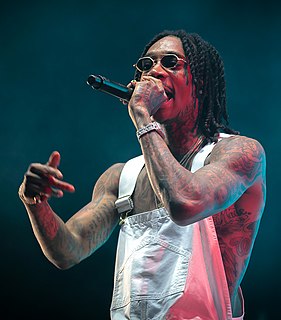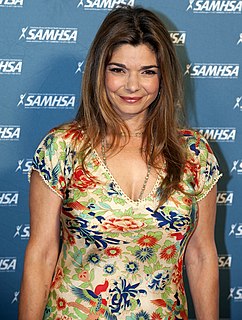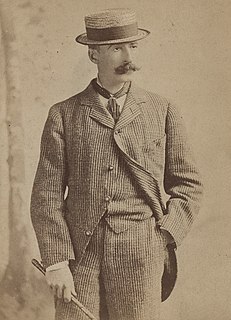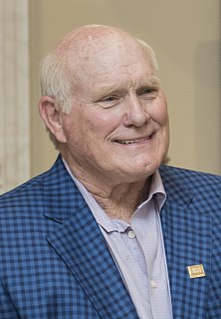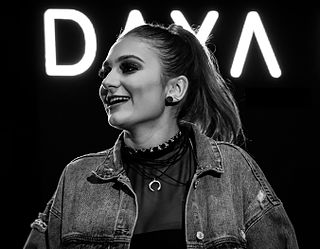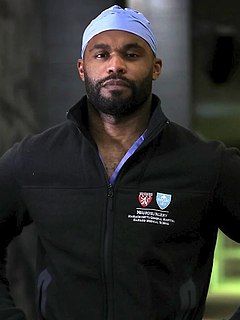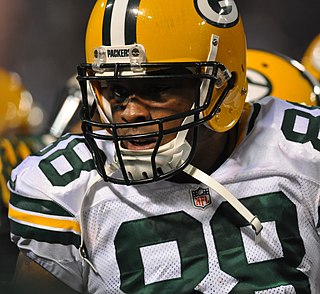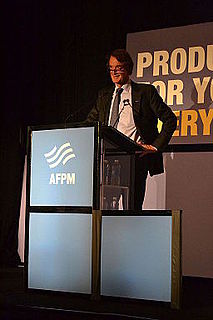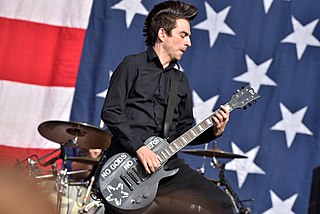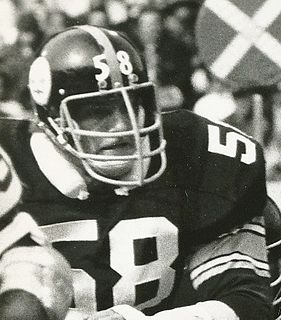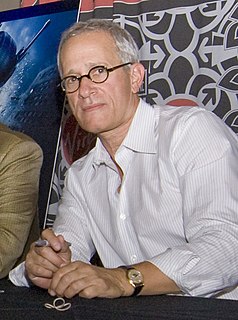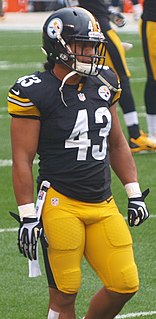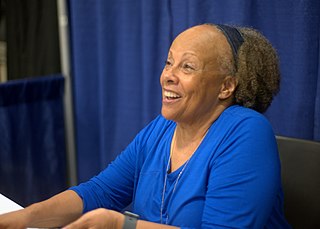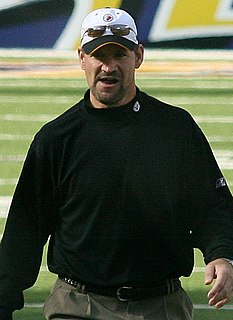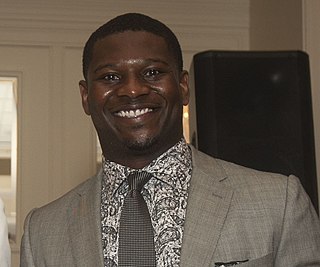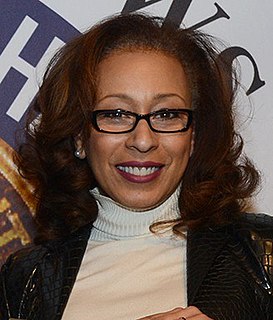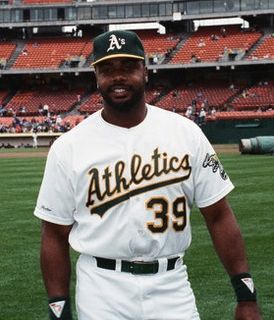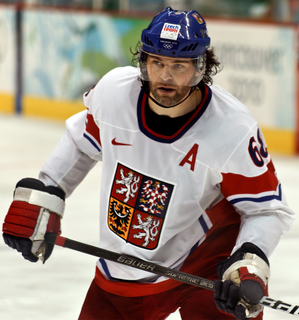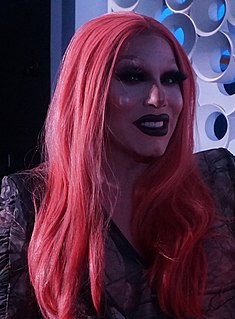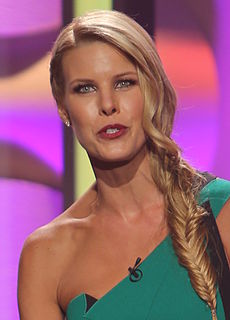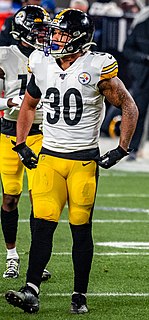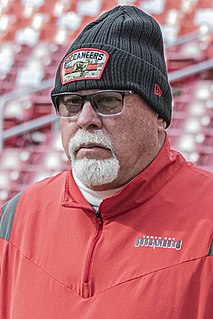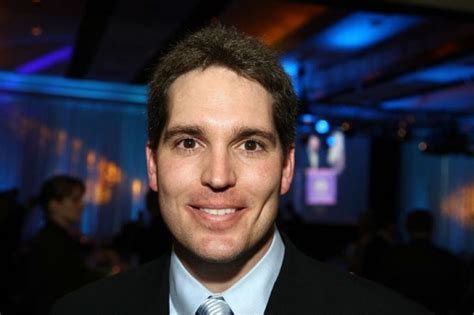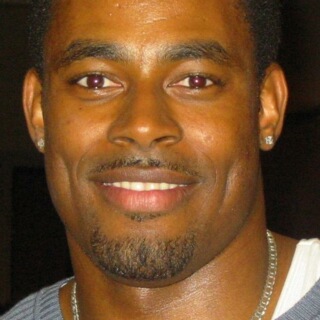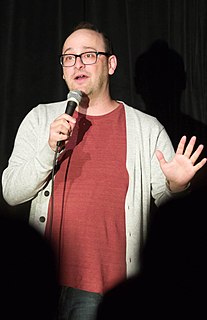Top 247 Pittsburgh Quotes & Sayings - Page 3
Explore popular Pittsburgh quotes.
Last updated on April 21, 2025.
So the city [Pittsburgh] was faced with that question of "What to do now?" because it can't turn back the clock and be what it once was. So thematically, it seemed like the perfect location for the movie. And then, it's a matter of how we get that feeling into the picture and make it a part of [Michael] Chabon's story.
One of the most influential of the post-Soviet books was the Princeton historian Stephen Kotkin's 'Magnetic Mountain: Stalinism as a Civilization' (1995), a study of the steel city of Magnitogorsk, the U.S.S.R.'s answer to Pittsburgh, as it was constructed in the shadow of the Ural Mountains in the early nineteen-thirties.
The thing that I always respected about Bruce Arians was, when he was at Pittsburgh, he let Ben Roethlisberger decide what he liked. I used to do that. You can put something in and force-feed it to a quarterback. But if he doesn't like it and have his heart in it, it's not going to be as good as when he really likes something.
